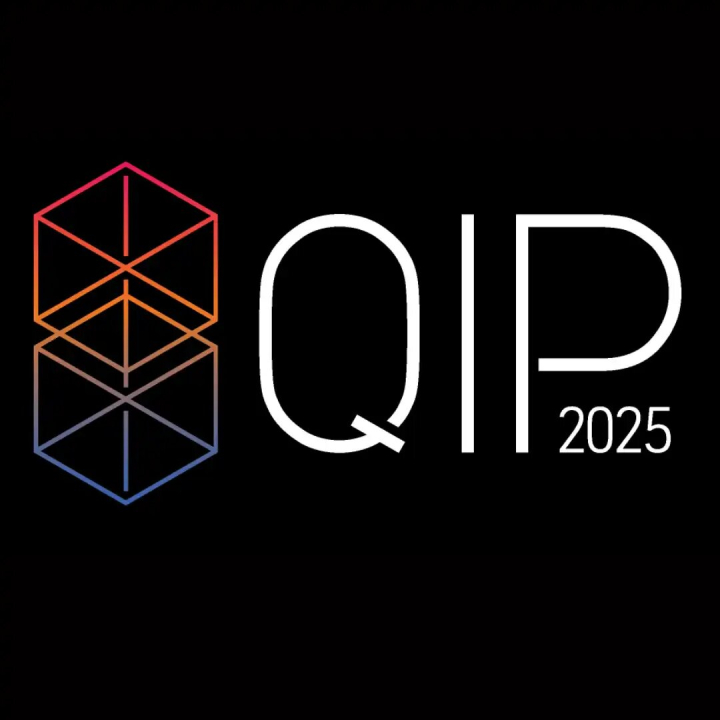QuICS Researchers Active at QIP 2025
Research and scholarship by fellows, postdoctoral scholars, graduate students and alumni from the Joint Center for Quantum Information and Computer Science (QuICS) is once again being featured at the Quantum Information Processing Conference (QIP 2025), widely recognized as the premier annual meeting for theoretical quantum information research.
Held this year from Feb. 24–28 in Raleigh, North Carolina, the conference draws participants from around the world, highlighting the preceding year’s best research in quantum computation and information in the form of both invited and contributed talks. The selection of these talks is highly competitive.
QuICS-affiliated researchers are involved in more than a dozen of the talks, with a QuICS faculty member presenting a workshop tutorial that precedes the main conference.
“The variety of research that QuICS members are presenting this year is astonishing. It reflects the intense interest in quantum information science, and the role that theory plays in informing our vision for the future of this field,” says Yi-Kai Liu, a co-director of QuICS.
In one of the accepted talks, QuICS doctoral students Joseph Iosue, Connor Mooney, recent QuICS Lanczos Graduate Fellow Adam Ehrenberg, and QuICS fellow Alexey Gorshkov will present their work on projective toric designs, quantum state designs, and mutually unbiased bases. Their research formalizes the notion of projective toric designs—both finite- and infinite-dimensional—and provides various constructions thereof, while also illustrating the connection to quantum state designs and other mathematical objects.
Another talk, which includes input by QuICS doctoral student Chaitanya Karamchedu and his adviser, QuICS co-director Daniel Gottesman, highlights “A Criterion for Quantum Advantage.” The researchers have established an algebraic criterion for testing if a quantum computer over a non-universal gate set can efficiently perform a sampling task that no classical computer can, assuming standard complexity assumptions.
QuICS doctoral student Kelsey Jackson, QuICS fellow Carl Miller and Daochen Wang, who was a doctoral student in QuICS from 2019–2023, will present their work on “Evaluating the security of CRYSTALS-Dilithium in the quantum random oracle model.” Their goal was to provide rigorous assurance of the security of CRYSTALS-Dilithium, selected by the National Institute of Standards and Technology as the primary digital signature scheme for resisting attacks by quantum adversaries.
In their talk titled “Entanglement accelerates quantum simulation,” Qi Zhao, a former QuICS Hartree Postdoctoral Fellow, and QuICS fellow Andrew Childs investigate the relationship between quantum entanglement and quantum simulation, showing that product-formula approximations can perform better for entangled systems. By establishing a tighter upper bound for algorithmic error in terms of entanglement entropy and developing an adaptive simulation algorithm incorporating measurement gadgets to estimate the algorithmic error, this work shows that entanglement is not only an obstacle to classical simulation, but also a feature that can accelerate quantum algorithms.
Click HERE to read the full article
The Department welcomes comments, suggestions and corrections. Send email to editor [-at-] cs [dot] umd [dot] edu.
